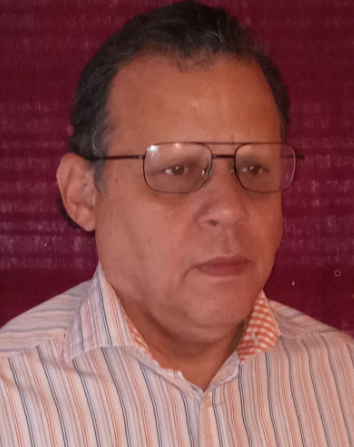
David Coronel of Tampa Bay is a proud Veteran of the military, serving from 1987 to 1993. A highly decorated SGT, he was honorably discharged and married in 1993. Clean and sober from alcohol for more than 15 years, David Coronel credits his faith in God and the Alcoholics Anonymous program. The return to civilian life can be a very difficult transition for many veterans. This website will serve as a place for David Coronel to speak to veterans about the steps they need to take to enjoy a sober and healthy lifestyle. David will also share the occasional blog post on personal hobbies and interests so be sure to check back often.
“For over 15 years have I been clean and sober with the help of God and the program of Alcoholics Anonymous. Never have I done narcotics in my entire life. This is due to a good upbringing.”

Every American citizen owes a debt to the men and women who sign up for the armed services. It takes great bravery to put the needs of the country before the needs of the individual. Because veterans who see active combat are subject to incredibly stressful and tense situations, they are at a higher risk of alcohol or substance abuse than the average citizen.
One of the most alarming statistics in America is that the last decade alone has seen the suicide rate amongst servicemen increase by nearly 25 percent. One of the biggest issues is that less than half of returning veterans seek out any professional treatment for what is bothering them. David Coronel of Tampa Bay knows he is fortunate to have such a strong foundation in his faith. However, those without that structure need others to look out for them.
The medical community at large now understands post traumatic stress disorder a lot better than they did even a decade ago. Back in the days of the two World Wars, soldiers were labeled as having shellshock. Today, we understand that post-traumatic stress disorder is common amongst soldiers and treatment is vital. When left unchecked or uncared for, PTSD can lead to a lifelong struggle with substance abuse.
David Colonel encourages those who want to help the veterans in their life to look for warning signs and have conversations about the many different treatment options that are available. Some common signs of PTSD include:
- Vivid Flashbacks
- Trouble Sleeping
- Feelings of Hopelessness
- Negative Self-Talk
- Fits of Aggression
- Loss of Memory
- Substance Abuse
To understand just how common a dependence on alcohol or narcotics is for someone suffering from PTSD, David Coronel cites that one in five veterans with PTSD will form an addiction to numb the pain. There are several drugs on the market that are prescribed to veterans that do more harm than good. David Coronel is grateful for AA because the program does not focus on drugs to get over substance issues. Of course, doctors should be met with to identify the proper treatment plan for everyone.
After PTSD, veterans are also at a much higher risk of developing a dependence on alcohol. The military has strict anti-drug guidelines that make it all but impossible for servicemembers to partake in illegal drugs. Alcohol, however, is a very common part of military culture. If a dependence on alcohol is formed during time in service, this can lead to major issues when soldiers return home. Binge drinking is something that can occur for servicemembers during active duty, but it’s a tough habit to quit when soldiers return home.
Future blog posts will help touch on what those currently suffering can do to better their lives, more warning signs of addiction in loved ones, and some personal interests and healthy hobbies of David Coronel.